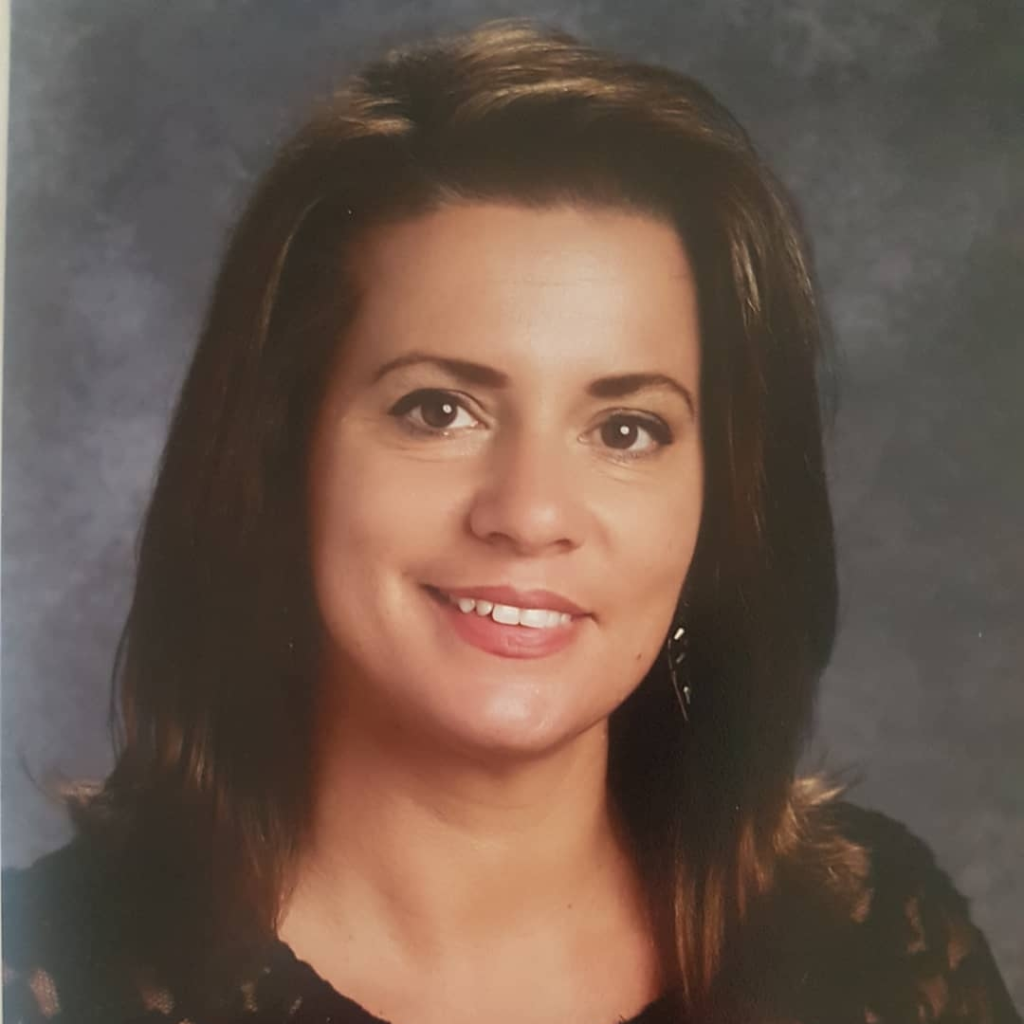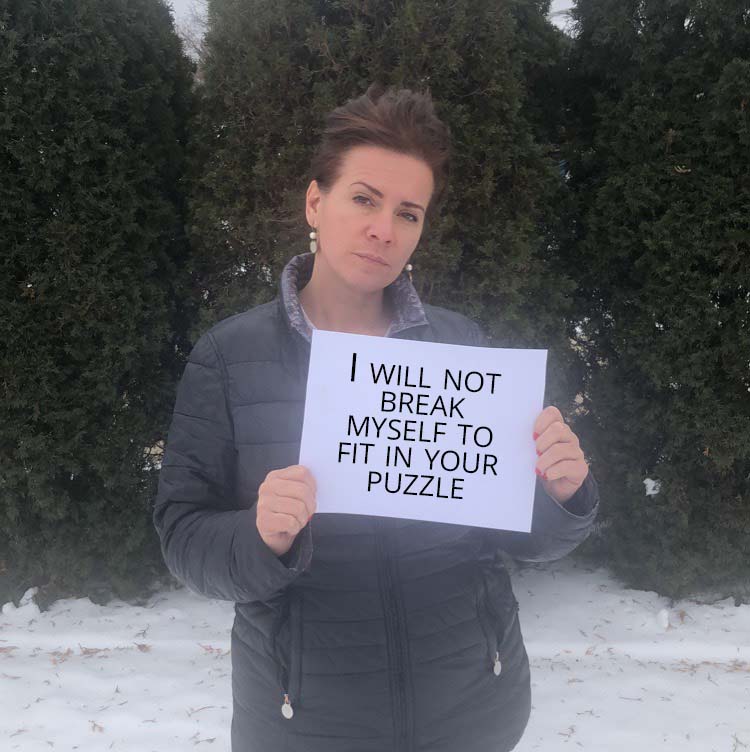

Selime is a dedicated and experienced educator with over 23 years of teaching World Languages in the south suburbs of Chicago. In addition to growing up bilingual in English and Albanian, she earned her B.A. in French Language and Literature from Northern Illinois University, with an endorsement in Spanish. Her experience with languages and cultures has proven to be beneficial, as she has spent her entire career teaching in culturally diverse schools. She earned an M.A. in Educational Administration from Governors State University and an M.A. in Curriculum and Instruction from Concordia University, with an endorsement in ESL. In addition to being a classroom teacher, she has worked for over 20 years in her school as the Diversity Club sponsor, and has attended many workshops and training seminars specializing in ways to engage students and staff from different cultural backgrounds and life experiences. She has also organized, coordinated and hosted over 15 International Festivals, and regularly leads students in Educational Travel experiences throughout the Francophone world. Her passion is connecting people from different backgrounds and life experiences because it is her belief that we are each other’s best teachers. This is the foundation of her social justice work. Her expertise in the field of education, combined with her own life experiences has given her an opportunity to be a Ted X Youth Speaker, where she shares the multifaceted definition of “diversity”, which extends beyond what is visible to us. Her advanced studies in higher education, combined with her firsthand experience educating teenagers from diverse backgrounds has allowed her to have a front row seat to the evolution of education and society, as well as areas that need growth. This is what inspires her to continue to educate adults through her consulting work.
My entire life has revolved around representation. I cannot remember a time when I wasn’t anxious about who I was supposed to be and how I was supposed to represent one of the identity groups I was a part of. Being the first American-born member of my family, I was told that I was lucky by many of my family members who were struggling to simply make ends meet in our humble village in the Balkans. From a superficial standpoint, I have been privileged. I haven’t had to struggle financially compared to them, but when I was around my American friends and classmates, I always felt that I was struggling in so many ways compared to how they were living.
Being raised in a small American town for most of my childhood, it seemed that everybody knew each other. Since my parents barely spoke English and had no American friends, we were pretty isolated when it came to social gatherings. My siblings and I seemed to be on the outside looking in while all of our friends seemed to belong, at least demographically, in what was their hometown. Being the only Muslim family in town (which was not something we always shared out of fear) came with questions from teachers and classmates about how we were celebrating the holidays and what we had gotten for Christmas, for example. Even though the answer was “nothing”, I didn’t want to risk the shame of feeling different, so I would make up a story about a fictitious gift because it was easier than explaining that we didn’t really celebrate it. I remember my siblings being embarrassed to have classmates or friends come to our house because there were so many people living there, as it was common in my culture to have uncles, aunts, grandparents and cousins living together. In fact, I did not even have the luxury of having my own bed until my older sister went away to college.
As I grew older, I began to take more risks in letting my American friends get to know the real authentic me. At home and around my family, I began questioning a lot of the things that I had been taught, especially when it came to gender roles. It used to infuriate me when I witnessed (or was on the receiving end)of the mistreatment of women and girls. We had very little power and were expected to make sacrifices and hide our authentic selves to fit the puzzle that had been created by others. In fact, the more subservient a woman was, the more honorable she was. The more abuse that she tolerated, the better role model she was. I always knew that this was wrong, but the grip of representation and honor for my family was tight. Many major decisions in my life were strongly influenced (and sometimes entirely made) by my parents and extended family. I was raised to believe that life is short, so I should learn to settle. If I voiced my opinion in a way that challenged the cultural expectations, I was punished or considered “difficult” or “feisty”. I was accused of being brainwashed by American culture. When I would question some of the American cultural norms that I did not necessarily agree with either, my American friends thought that I was brainwashed by my Albanian culture. Sometimes, I thought that life would have been simpler if I hadn’t been exposed to different worlds and ideas because I would not be aware of others ways to live. I now use these experiences as a superpower and way to connect with others. These experiences contributed greatly to my decision to teach high school since I felt that it is during high school that we begin to really challenge the identity groups that we are put in.
Now that I am married with two sons, I still reflect on ways that I need to continue to positively represent all of my identity groups, while letting my sons live their authentic lives more openly than I was able to live mine. The judgement may continue, as I have not completely escaped the grip, but I am able to articulate my beliefs, experiences and thoughts more calmly now. I share my story to connect with other young people growing up with similar experiences, whether it be through the work that I do as a consultant, talking to young people in my family, educating my students, or volunteering my time to mentor young people in our Albanian-American youth group. It is my mission to help others recognize that they are not alone in the struggle to live their authentic lives and they should never feel like they need to fit in somebody else’s puzzle.

